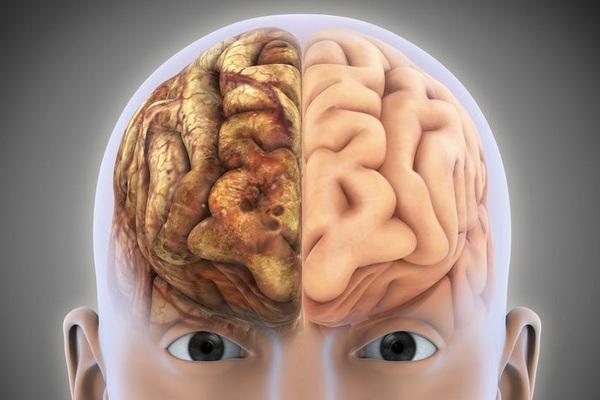Зміст
Brain fog is a disturbing phenomenon that is associated with impaired perception and severe weakening of concentration. It is difficult for the affected person to collect thoughts or memorize basic information. However, brain fog is not a disease and can happen to any of us. However, if this happens frequently or lasts a long time, it is best to see a doctor. It is worth knowing that brain fog can be a symptom of other diseases, such as neurological ones.
What is brain fog, and how does it manifest?
Brain fog is not a disease, it is a term for the so-called “blackout of the mind” when it is difficult for us to concentrate on something. We perceive reality as through a fog. Even simple actions are performed more slowly, it is difficult for us to remember proper names, etc. Some scientists explain this phenomenon by making our mind behave as if it were in a dream.
Episodic brain fog affects all of us, most often it occurs, for example, after a sleepless night. However, when we struggle with this regularly or for a long time, it is worth visiting a doctor. Unfortunately, this is how some neurodegenerative diseases can manifest themselves, which gradually impair our brain function.
Most common causes of brain fog
The most common cause of brain fog is lack of sleep. Just one sleepless night has a very negative effect on our nervous system and overall well-being. Regular lack of sleep, in turn, can lead to irreversible changes in the brain and further brain fogging. This phenomenon is also the result of poor brain nutrition, that is, a diet based on highly processed foods and poor ingredients that stimulate the nervous system. No less dangerous is dehydration, which primarily “affects” the brain.
The functioning of the nervous system also deteriorates due to lack of exercise and regular physical activity. Scientists also believe that the cause of brain fog can be an excess of stimuli from the environment (the influx of new information, the simultaneous use of the phone, radio and computer, etc.).
Brain fog and serious illness
Frequent brain fog can be a sign of serious illness. Scientifically, this is caused by disorders related to the level and activity of neurotransmitters such as dopamine, acetylcholine, serotonin, or gamma-aminobutyric acid (GABA). Ultimately, these disorders can cause inflammation in the body and even autoimmune diseases. The immune system then begins to attack its own tissues and organs. An example is Hashimoto’s disease (autoimmune hypothyroidism). For similar reasons (inflammation of many organs and the so-called cytokine storm), brain fog is now observed in people infected with COVID-19. The new coronavirus also affects cells in the nervous system.
It is also suspected that low levels of acetylcholine have a key influence on the development of Alzheimer’s disease. An indirect reason could be avoiding certain cholesterol-rich foods (such as eggs), which, however, contain ingredients that stimulate the production of acetylcholine.
Brain fog can also be a symptom of other diseases, such as celiac disease (gluten intolerance), fibromyalgia (chronic muscle and bone pain), Lyme disease (the effect of a spirochete infection affecting the nervous system, among other things), or neurosis (chronic anxiety disorders brain function over time).
How to deal with brain fog?

Brain fog is just a symptom of a neurological disorder or unhealthy lifestyle. To fight it, you need to find out its cause. The key is treating the underlying medical condition (such as hypothyroidism or Lyme disease) and changing bad habits.
Improvement can be achieved through sleep and rest, regular physical activity, interpersonal contact, or a diet rich in omega-3 acids and B vitamins. It is also recommended “brain training” – solving puzzles, crossword puzzles, and any mental activity (for example, learning a foreign language)…








